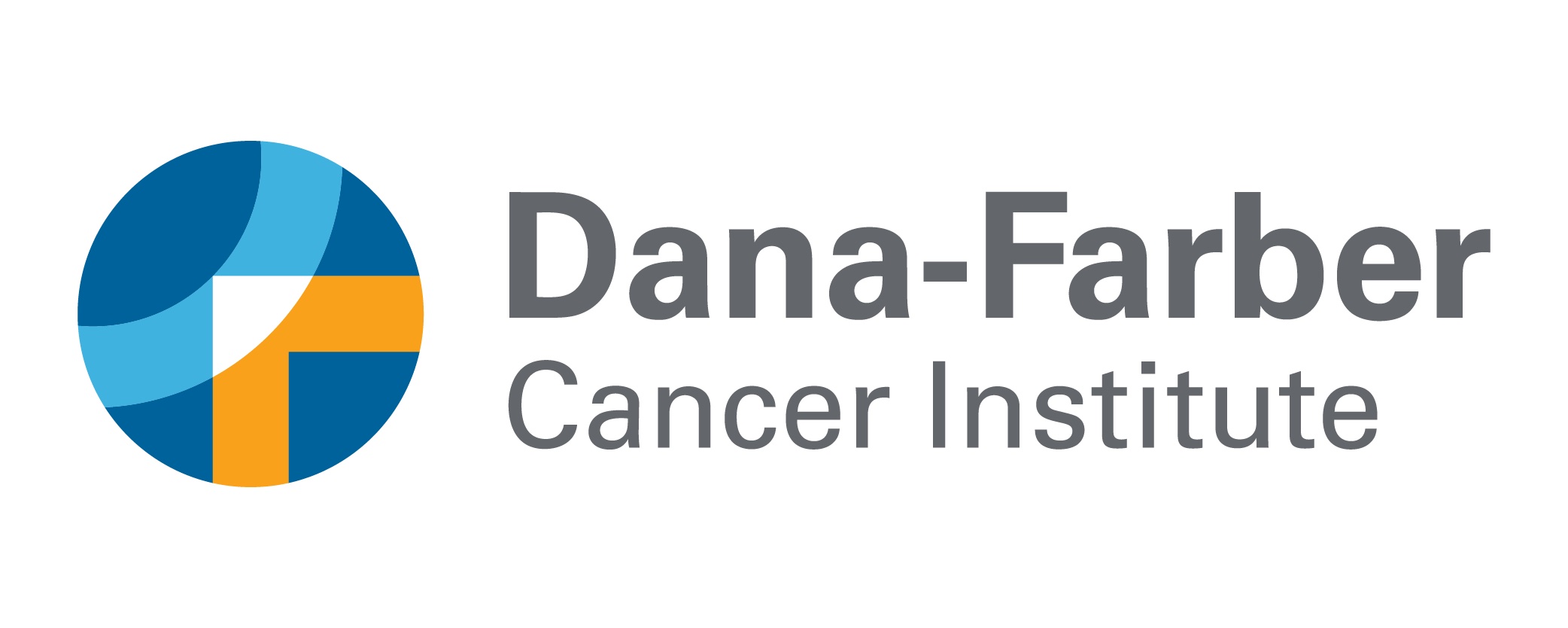Editor's Note: MP3 audio files and audio script available at: http://www.dana-farber.org/bbqaudio
Newswise — Meat sizzling on the grill may tempt your taste buds, but all that barbecuing may be cooking up cancer-causing chemicals, warn experts at Dana-Farber Cancer Institute.
However, by "being careful and making wise choices," Dana-Farber nutritionist Stephanie Vangsness, RD, LDN, CNSD, says that it is possible to safely enjoy those summer time favorites like grilled burgers, steaks, and chicken.
Research has shown that high-heat grilling can convert proteins in red meat, pork, poultry, and fish into heterocyclic amines (HCAs), chemicals that have been linked to a number of cancers. Also, the smoke generated when fat and juices drip on the hot coals or rocks can contain polycyclic aromatic hydrocarbons (PAHs), another potential cancer causing chemical. As the smoke rises up past the food it can deposit PAHs on the surface of the meat.
"The main cancer causing compound that occurs in grilling comes from the smoke," says Vangsness. "So you want to reduce the exposure to that smoke."
Vangsness says that there are a number of ways to grill foods more safely and offers the following tips:
Prep the Meat
++ Choose lean cuts of meat, instead of high-fat varieties such as ribs and sausage.
++ Trim all excess fat and remove skin.
++ When using marinades " thinner is better. Thicker marinades have a tendency to "char," possibly increasing exposure to carcinogenic compounds. Also, use marinades that contain vinegar and/or lemon.
Limit Time " Limit Exposure
++ Partially cook meat and fish in a microwave before grilling. This will limit the time needed to cook on the grill.
++ Discard any juices before grilling. This will cause less smoke flare ups, limiting exposure to cancer causing agents.
++ Always thaw meat first. This also reduces the cooking time.
Grilling Techniques
++ Flip burgers often: Once every minute.
++ Place food six inches from heat source.
++ Create a barrier to prevent juices from spilling and producing harmful smoke. Try lining the grill with aluminum foil and poking holes, and cooking on cedar planks.
Choose Wisely
++ Lean meats create less dripping and less smoke.
++ Choose smaller cuts of meat, like kabobs, as they take less time to cook.
++ Try grilling your favorite vegetables. They do not contain the protein that forms harmful HCAs.
Above all, Vangsness says it is important for people to keep their grilling-related cancer risks in proper perspective. "If you're grilling and following the proper safety tips, the risk of getting cancer from grilling food is extremely low." Moreover, she stresses the importance of eating a balanced diet, rich in fruits and vegetables that contain protective antioxidants.
Dana-Farber Cancer Institute is a principal teaching affiliate of the Harvard Medical School and is among the leading cancer research and care centers in the United States. It is a founding member of the Dana-Farber/Harvard Cancer Center (DF/HCC), designated a comprehensive cancer center by the National Cancer Institute.
